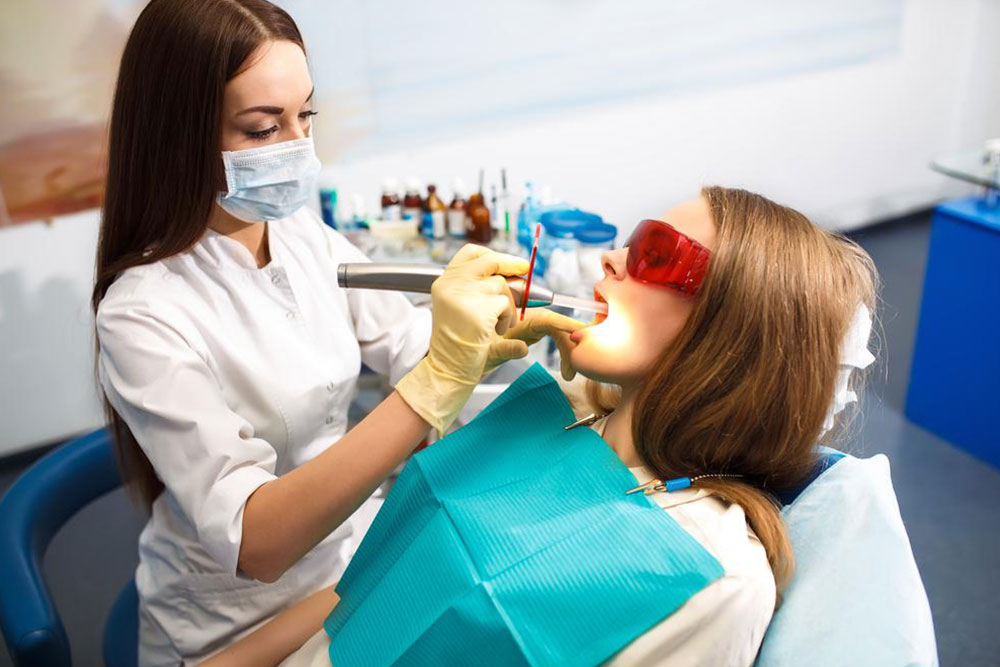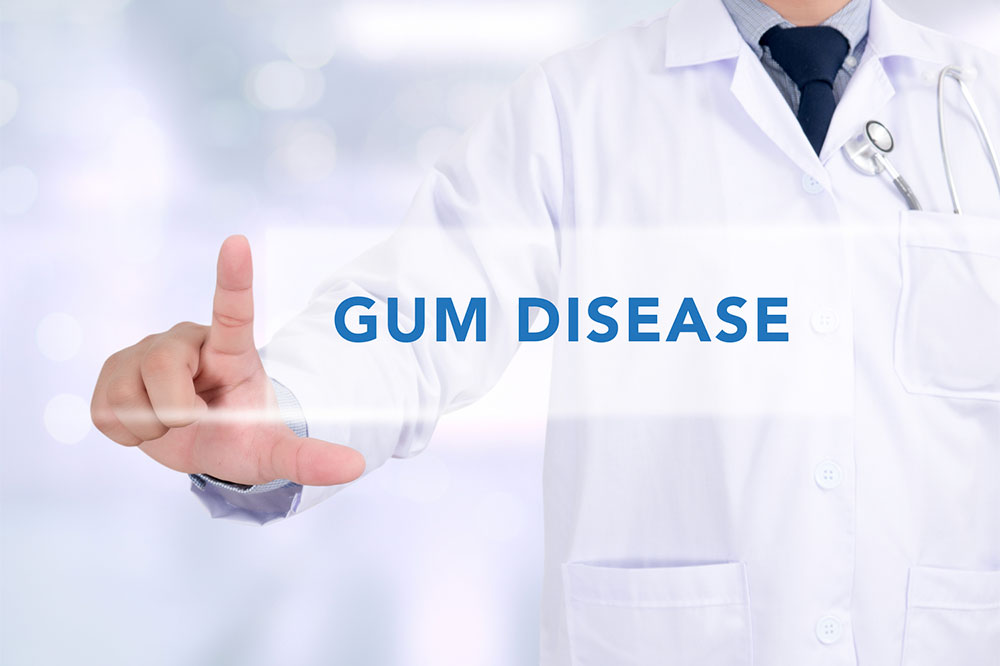Complete Overview of Gum Disease Treatment Methods: Surgical and Non-Surgical Strategies
Discover comprehensive gum disease treatments including preventive cleanings, scaling, root planing, and advanced surgical options like flap surgery, bone grafting, and soft tissue grafts. Learn how to maintain healthy gums and prevent tooth loss with expert advice.

Complete Overview of Gum Disease Treatment Methods: Surgical and Non-Surgical Strategies
Maintaining proper oral health includes paying attention to your gums. Ignoring gum health can cause issues like tooth looseness and eventual loss. Luckily, numerous effective treatments help fight gum disease and avoid serious complications.
Gum disease therapies are classified into two main types: non-surgical and surgical. The decision depends on your overall dental condition and how your gums respond to initial treatments. Typically, non-invasive options are tried first, with surgery reserved for more advanced cases.
Non-invasive options for treating gum disease include:
Professional Dental Cleaning
This procedure removes plaque and tartar buildup above and below the gum line, which regular brushing might miss. It’s recommended twice a year for optimal gum health.
Scaling and Root Planing
When tartar reaches below the gums, your dentist can perform this procedure. Under local anesthesia, it involves cleaning tartar from roots and smoothing the surfaces to encourage gum reattachment.
When more extensive intervention is needed, especially if bones or tissues are severely damaged, surgical options may be necessary. Common surgeries include:
Flap Surgery/Pocket Reduction
This procedure lifts the gums to clear tartar and smooth rough bone areas, allowing tissues to reattach properly and reducing infection risks.
Bone Grafting
Significant bone loss may require grafting with your own tissue, donor material, or synthetic substitutes to promote regeneration, often with help from tissue engineering.
Soft Tissue Grafts
This restores receded gums by grafting tissue from the roof of the mouth to cover exposed roots.
Guided Tissue Regeneration
This method places a filler material to maintain space for new bone growth, frequently combined with flap surgery in severe cases.
Note: Our blog offers detailed information on various health topics. While based on thorough research, it doesn’t replace professional dental advice. We recommend consulting with dental experts for personalized treatment plans, as options and schemes may differ.


